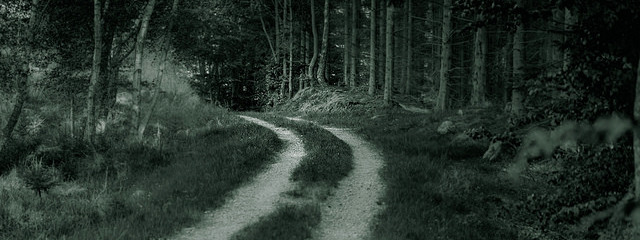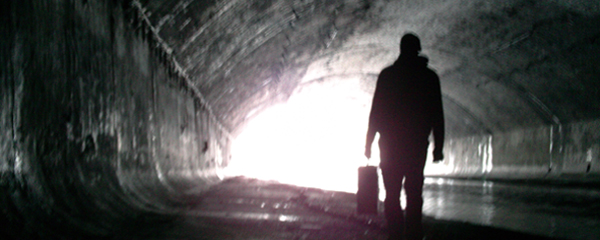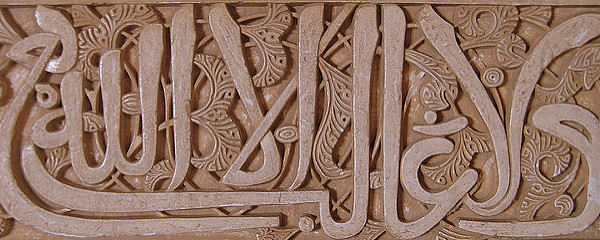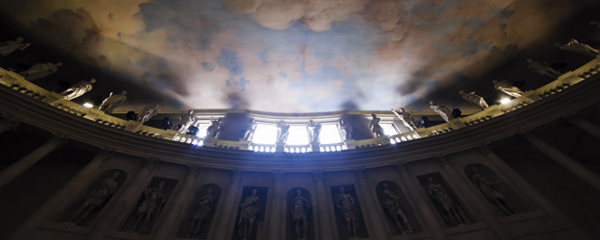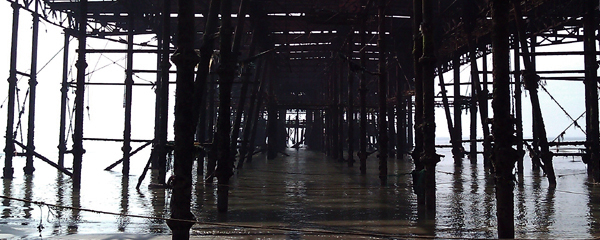TEIKA BELLAMY explores the concept of otherness in Cassandra Parkin’s fairy tales: ‘Throughout my childhood and a large part of my early adult life I didn’t like my name. It was so obviously foreign, ‘other’, and as most children and young adults come to understand, being different is not desirable.’
LOUISE MURRAY explores Oscar Wilde’s fairy tales: ‘Look beneath the surface and simplicity of the narrative, and the reader will find concealed there a deep complexity which complements the ornateness of prose – a complexity of morality, of feeling and of soul.’
SHORT STORY ADAPTATIONS: this month, Dr. CHRIS MACHELL looks at the film adaptation of Graham Greene’s short story ‘The Third Man’: ‘It’s certainly rare for authors to capitulate to the changes made to their adaptations, much less admit that those changes improved on the original work.’
MIKE SMITH examines the role of men in H.E. Bates’ short story ‘The Mill’: ‘With such stories it is easy to focus exclusively on what we might call ‘the victim,’ and on the outcome, but it’s worth also looking at members of the ‘supporting cast’ whose lives, behaviours and attitudes enable and create the events in which the protagonist is enmeshed…’
KAY GILMORE reports on this year’s CITIZEN: THE NEW STORY event where a range of writers attempt to adress the questions ‘who are we?’ and ‘where do we belong?’
GEOFFREY HEPTONSTALL visits the streets of Shelagh Delaney’s Salford: ‘Neither straightforward autobiography nor wholly imagined fiction could achieve the clarity that these distilled moments of life evoke…’
GRAHAM A. LANDON explores the story behind the stories of Washington Irving’s ‘Tales of the Alhambra’: ‘Unlike many collections of short stories, Irving’s book is not merely a selection of random tales, but is rather an intricate network of interconnected fables, many forming stories within stories, some supplemented by the author’s own imagination, and some derived from his actual experiences at the location.’
STORY DISCUSSION: Author MARY O’DONNELL discusses the importance of place in the short story: ‘…That’s what’s needed when we consider ‘place’. A knowledge of it as intimate as our own skin, and a sense of how to get behind that skin as we turn the wheels of imagination and bring into being a work which will be all the more memorable for having been defined by place.’
PODCAST: In the second instalment of this year’s Short Story Masterclass podcasts, Jac Cattaneo talks with award-winning author Mark Haddon about relishing havoc, writing into the gaps left by mythology, exploring the landscape of the body, and leaving the reader guessing.
